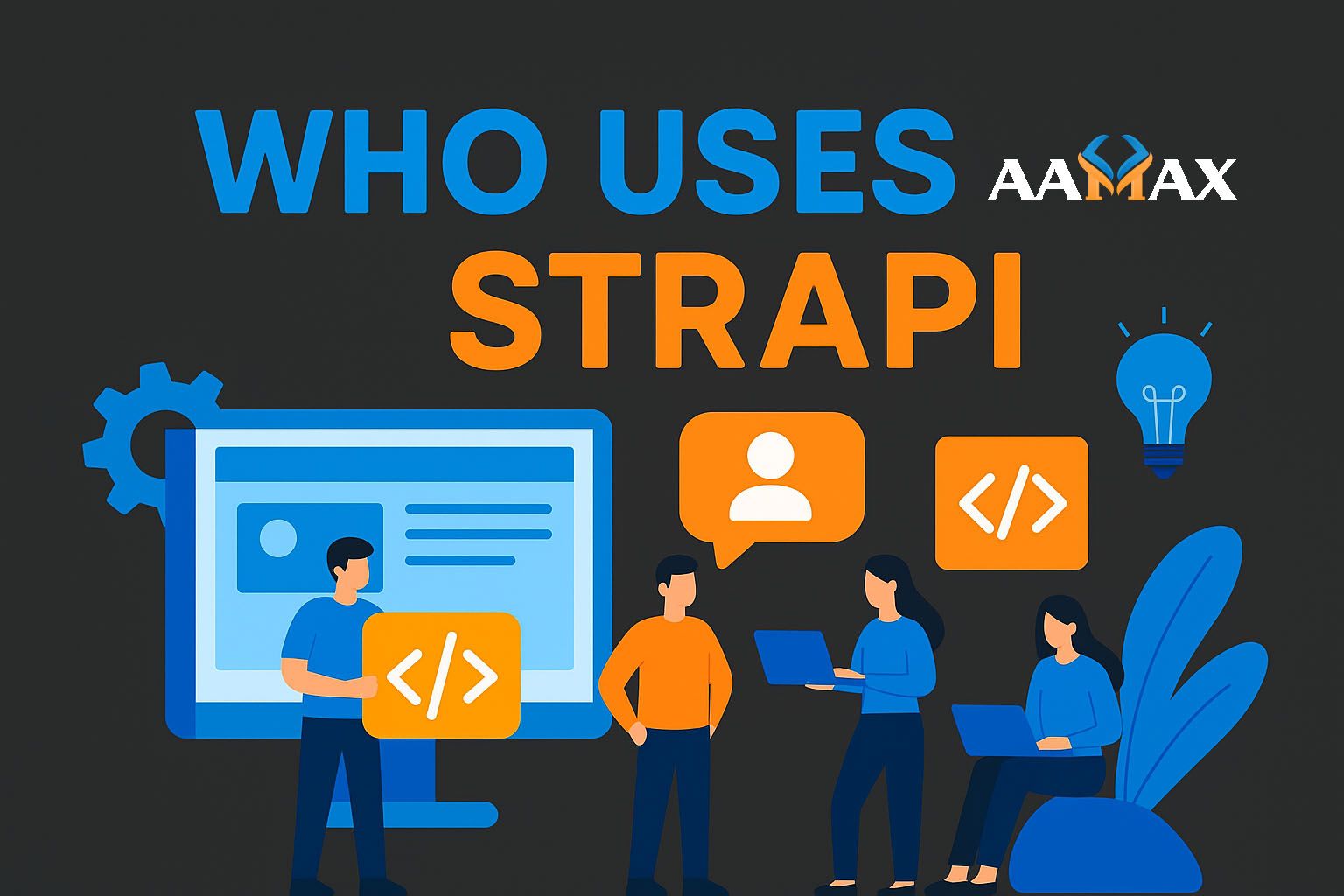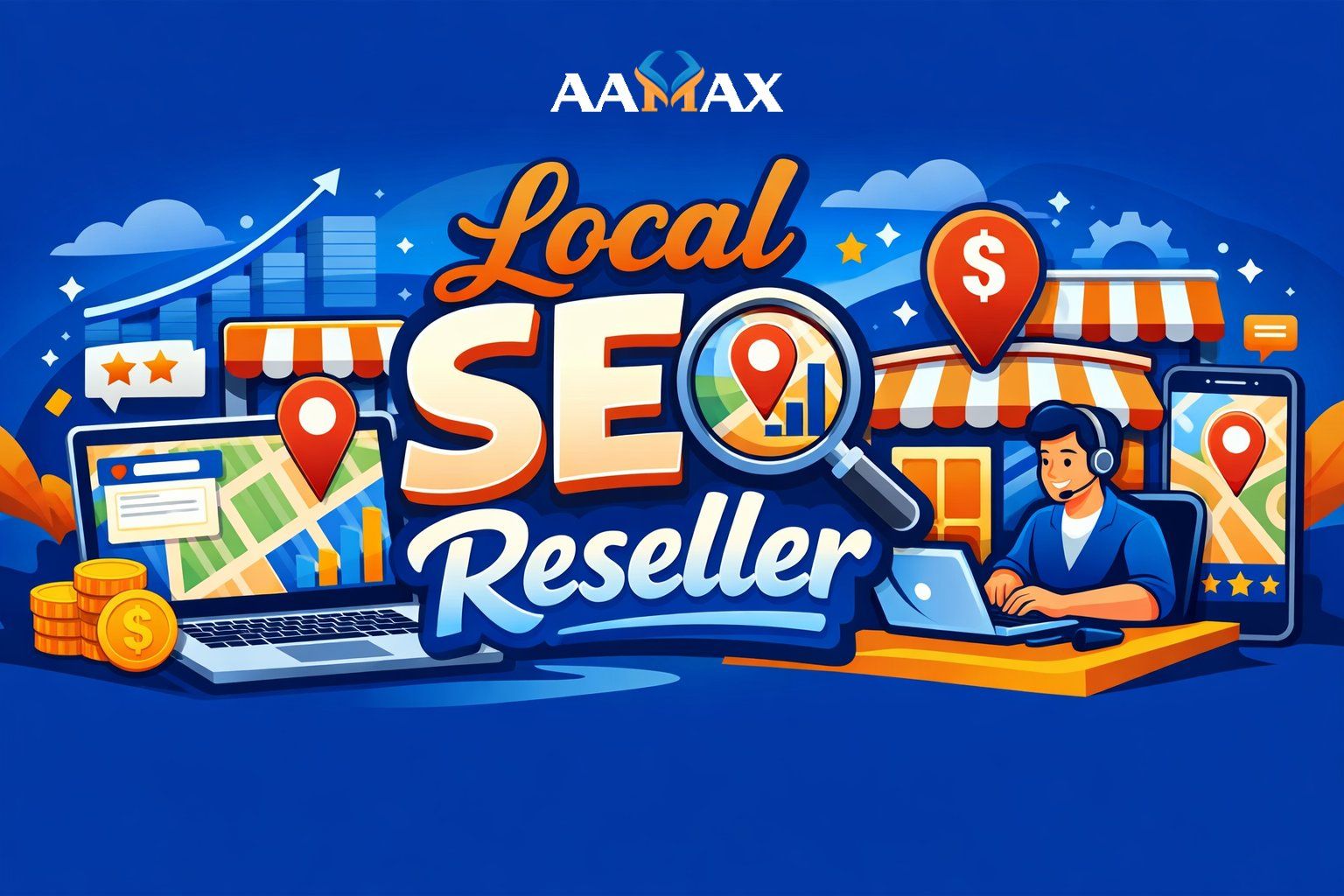
Who Uses Strapi
In this detailed guide, we'll explore who uses Strapi, why they choose it, and how different industries and teams benefit from it. This article is written in Strapi‑friendly markdown formatting and designed to help businesses understand Strapi's real‑world applications.
Strapi has rapidly emerged as one of the most popular headless CMS platforms across the globe. Its flexibility, extensibility, and developer-friendly ecosystem make it the preferred choice for startups, large enterprises, digital agencies, and product teams. Whether you're building websites, mobile apps, eCommerce platforms, or enterprise‑grade applications, Strapi offers a powerful way to manage and deliver content through APIs.
What Makes Strapi Popular?
Before exploring who uses Strapi, it's important to understand why organizations adopt it:
- Open‑source freedom -- Teams can self‑host and modify everything.
- Fully customizable API -- REST or GraphQL with complete control.
- Headless architecture -- Perfect for omnichannel content delivery.
- JavaScript‑based -- Built with Node.js, making it ideal for MERN stack developers.
- Role‑based access control (RBAC) -- Great for security‑sensitive organizations.
- Plugins ecosystem -- Extend functionality easily.
These capabilities make Strapi attractive to a wide range of users, from solo developers to global corporations.
1. Startups and Tech Entrepreneurs
Startups love Strapi because it allows them to build fast, scale easily, and save development costs. Instead of investing time in building a custom backend from scratch, Strapi provides:
- A ready‑to‑use admin dashboard
- API generation
- Authentication
- Media library
- Plugin support
- Easy deployment options
Why Startups Prefer Strapi
- Quick MVP development
- Customizable architecture
- No vendor lock‑in
- Fits perfectly with React, Next.js, Vue, and mobile frameworks
Typical Use Cases
- Mobile app backends
- SaaS application dashboards
- Digital product platforms
- Marketplace platforms
Startups that aim for rapid experimentation and automation often choose Strapi as their content backbone.
2. Large Enterprises and Corporations
Strapi is not just for small teams. Enterprises adopt Strapi for its scalability, security features, and flexibility to integrate with complex ecosystems.
Key Strapi Features Enterprises Use
- Single Sign‑On (SSO) integration
- Audit logs and advanced RBAC
- Self‑hosting for data compliance
- API customization for microservices architectures
- Cloud‑native deployments (Docker, Kubernetes, AWS, GCP, Azure)
Enterprise Use Cases
- Multi‑region content distribution
- Corporate intranets
- E‑commerce platforms
- Custom ERP or CRM content layers
- Multi‑brand website management
Because Strapi is open‑source and extensible, enterprises can tailor it to their internal standards and policies.
3. Digital Agencies and Software Houses
Digital agencies and development companies use Strapi to deliver client websites, apps, and digital platforms faster and with greater creative control.
Why Agencies Choose Strapi
- Reduces development time
- Provides customizable admin for clients
- Works seamlessly with modern frontend frameworks
- Supports multi‑project workflows
Types of Projects Agencies Build With Strapi
- Corporate websites
- Government portals
- Charity and NGO platforms
- E‑commerce storefronts
- Landing pages and blogs
- App backends
Agencies appreciate Strapi's ability to deliver high‑quality, maintainable content systems without reinventing the wheel for each project.
4. eCommerce Businesses
Strapi is widely used in eCommerce because it supports custom architectures and integrates well with JAMstack storefronts.
Benefits for eCommerce Teams
- Custom product schemas
- Multi‑language content
- Easy API access for mobile and web storefronts
- Compatibility with Shopify, Medusa, BigCommerce, or custom carts
eCommerce Use Cases
- Product information management (PIM)
- Custom store CMS
- Marketing pages and content hubs
- Mobile shopping apps
Businesses seeking full ownership of their store's backend often migrate to Strapi for its flexibility and ability to scale.
5. Developers and Development Teams
Strapi is a developer‑favorite CMS because it is:
- 100% JavaScript
- Highly extensible
- Easy to integrate with frontend frameworks
- Perfect for MERN, MEVN, and JAMstack setups
How Developers Use Strapi
- Building APIs for apps
- Creating documentation portals
- Integrating with custom microservices
- Hosting personal or client projects
- Managing structured content
Strapi dramatically reduces backend workload while allowing devs to customize anything they want.
6. Content Teams and Marketing Departments
While Strapi is developer‑friendly, it also provides a clean and intuitive admin panel for non‑technical users.
Features That Benefit Content Teams
- Customizable fields and content types
- Draft & publish workflows
- Media management
- Role‑based permissions
- Multi‑language content
Common Content‑Driven Use Cases
- Blog management
- SEO‑optimized landing pages
- Content hubs and resource centers
- News portals
- Multi‑channel marketing content
Marketing teams prefer Strapi for its clean UI and ability to work without depending on developers for every update.
7. Educators, Institutions, and Nonprofits
Educational platforms and nonprofit organizations use Strapi because it is affordable, open source, and easy to customize for their unique needs.
Why NGOs and Educational Institutions Use Strapi
- Budget‑friendly
- Scalable for large user bases
- Suitable for online learning platforms
- Helps build dashboards and portals
Typical Use Cases
- Student portals
- Course and LMS systems
- Charity websites
- Community initiative portals
- Donation management dashboards
Strapi helps these organizations build reliable digital experiences without huge financial investment.
8. Media & Publishing Companies
Strapi helps media companies handle massive amounts of content and deliver it across multiple channels. With its headless structure, it's perfect for:
- Multi‑platform publishing
- High‑volume content workflows
- Real‑time updates
- Mobile apps and websites
Why Media Companies Love Strapi
- Flexible editorial workflows
- Multi‑channel distribution
- Multi‑language support
- Stability at scale
Publishing houses, news portals, and video streaming platforms often adopt Strapi as their main content engine.
9. Who Should Not Use Strapi?
While Strapi is powerful, it may not be ideal for:
- People who want a simple, plug‑and‑play WordPress‑like CMS
- Teams unwilling to manage hosting or DevOps
- Extremely large enterprises needing full compliance without custom setup (however, Strapi Enterprise solves this)
Still, for most modern businesses and developers, Strapi is a near‑perfect solution.
10. Real‑World Examples of Strapi Users
Here are some categories of real businesses using Strapi:
- SaaS Platforms
- Marketing Agencies
- Fintech Products
- Retail Brands
- Streaming Platforms
- Healthcare Startups
- Education Portals
- Automotive and Travel Companies
Many well‑known companies publicly state they use Strapi because of its headless architecture and customization abilities.
Why Strapi Is a Strong Choice for Modern Development
Strapi stands out because it gives total control---unlike most traditional CMS platforms that lock you into predefined templates or cloud‑only hosting.
Key Advantages
- Self‑hosting = data ownership
- Great for custom business logic
- Easy integration with any frontend
- Scalable and secure
- Ideal for long‑term digital strategies
If you're planning a long‑lasting project that needs flexibility, Strapi is a top contender.
Final Thoughts: Should You Use Strapi?
Strapi is an excellent choice for:
- Businesses wanting full control over their CMS
- Developers building modern web or mobile applications
- Organizations that need to scale content distribution
- Teams looking for a headless solution that supports multi‑channel content
The combination of freedom, customization, and speed makes Strapi one of the most reliable content platforms today.
Need Help Building With Strapi?
If you're looking to build a Strapi‑powered website, app, or enterprise CMS, you can AAMAX for expert MERN Stack Development services. AAMAX is a full‑service digital agency offering:
- Web Development
- MERN Stack Development
- Digital Marketing
- SEO Services
Whether you're a startup or an established brand, AAMAX can help you build high‑performance digital products powered by Strapi.







